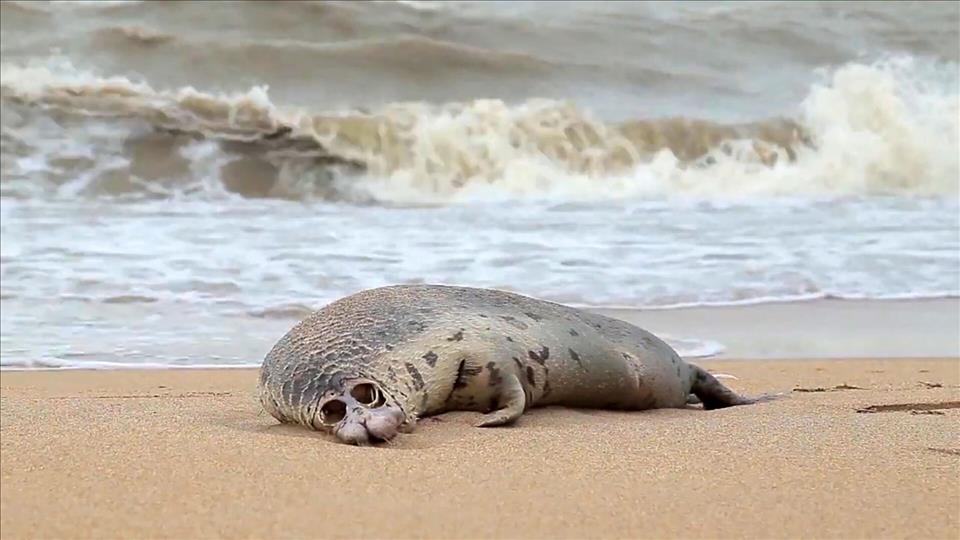(MENAFN- AzerNews)

Sabina Mammadli read more Over the recent months, reports of mass deaths of the Caspian
seals have hit the media headlines of many Caspian Sea littoral
nations.
The lion's share of the deaths was registered on the coast of
the Caspian Sea in Dagestan, where up to 2,500 dead seals were
found. As early as December, a total of 17 seals were found dead on
the Azerbaijani coast, specifically in the direction of the Istisu
settlement and Xacmaz District's Tikanlioba, Seyidli, and Nabran
villages.
Besides, over 140 Caspian seals were found dead on the Kazakh
beaches of the Caspian Sea earlier last year.
In this regard, Azerbaijan's Food Safety Agency published the
results of the monitoring conducted by the agency and specialists
from Azerbaijan's Agriculture and Ecology Ministry in the coastal
zones of Baku and Sumgayit, Khizi, Shabran, Lankaran, Astara,
Neftchala and Salyan Districts to study the causes of the deaths of
the sea animals.
Samples of pathological material collected from the remains of
the seals were studied in the laboratory of the Institute of Food
Safety of Azerbaijan, and no pathogens of infectious diseases were
found.
According to information disseminated by Rosprirodnadzor, the
cause of death of the seals is presumed to be natural gas emissions
that caused hypoxia in seals.
Researchers from the Moscow State University's Geography Faculty
also suggested that the reason for the death of seals is methane
poisoning, formed as a result of seismic activity. An official
statement on the reasons for the death of seals based on the
results of laboratory studies conducted in a neighboring country
has not yet been made public.
Similarly, leading Researcher of the Hydrobiological Laboratory
of the Institute of Zoology Suleyman Suleymanov said that in the
summer months, Caspian seals live in the waters of the Absheron
Peninsula, and in November-December, they gather in flocks for
breeding in the Russian waters of the northern Caspian.
“Presumably, the reason for the mass death of the Caspian seals
may be severe pollution of the water of the rivers flowing in these
territories. And another reason could be that fishermen use
explosive devices during fishing,” he said.
The academician underlined that the observations testify to the
process of severe pollution of the Caspian Sea over the past ten
years due to the acceleration of oil and gas operations.
Caspian seals, the only mammals found in the Caspian Sea, have
been classified as endangered on the International Union for
Conservation of Nature (IUCN) red list since 2008.
According to the IUCN, the Caspian seal population has suffered
from overhunting, habitat degradation, and climate change.
--
Sabina Mammadli is AzerNews' staff journalist, follow her on
Twitter: @sabinammdl



















Comments
No comment